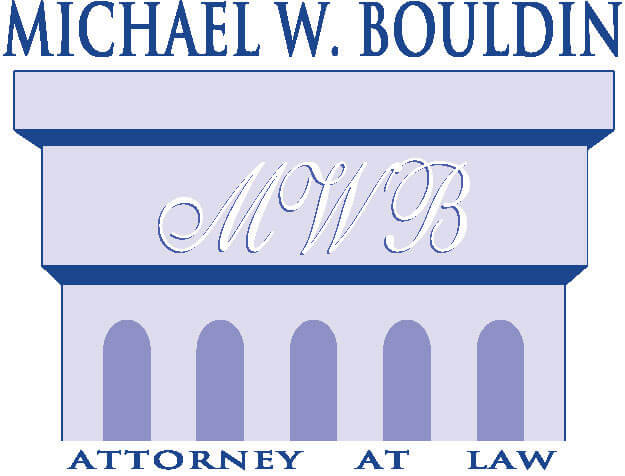An indictment is the charging document for a felony offense. In most cases, the defendant is first charged with a crime in Kentucky via citation. For example, if a person is stopped for a traffic violation and the officer discovers an illegal narcotic, they will be given a citation for Possession of Controlled Substance. They may or may not be arrested in connection with the charge. If arrested, they may post bond and be given a court date or they may appear in Court from the jail at the next available date. If given the citation only, a court date will be provided on the citation.
It is wise to retain an attorney as soon as possible in the process. Your attorney can protect your rights and may uncover errors in the arrest and may be able to negotiate a more positive resolution early in the process.
After the person appears in District Court on a felony, they will then have a Preliminary Hearing. This is often referred to as a “probable cause” hearing because the Commonwealth only has to prove that there was probable cause to believe that the Defendant committed a felony. The standard of proof is very low for the court to make a probable cause finding, then the case is referred to the Grand Jury for further consideration.
The Grand Jury meets regularly to determine which cases to indict. An Indictment is an official charge of charges against the Defendant. The grand jury may also indict cases that the state has investigated but the Defendant has not yet seen charges; this is known as a direct indictment. The indictment is the formal accusation, based upon available evidence, that a person has committed a serious crime.
An indictment is NOT evidence of a crime and cannot be used against the Defendant. It does mean that a Grand Jury has seen evidence provided by the Commonwealth and believes that there is probable cause to issue the charges. Once indicted, the Defendant will appear in Circuit Court to face the charges.
The Grand Jury is not the JURY which can hear the case. The Commonwealth must prove their case to a Jury beyond a reasonable doubt. At this point, the Defendant is afforded many constitutional rights, including the right to counsel, the right to confront and cross examine witnesses, the right to see all evidence and to provide evidence.
If you are charged with a crime, and especially if you have been indicted on a crime, you need an experienced criminal defense attorney. For consultation and representation in Kentucky, contact Michael Bouldin at [email protected] or call 859-581-6453.

